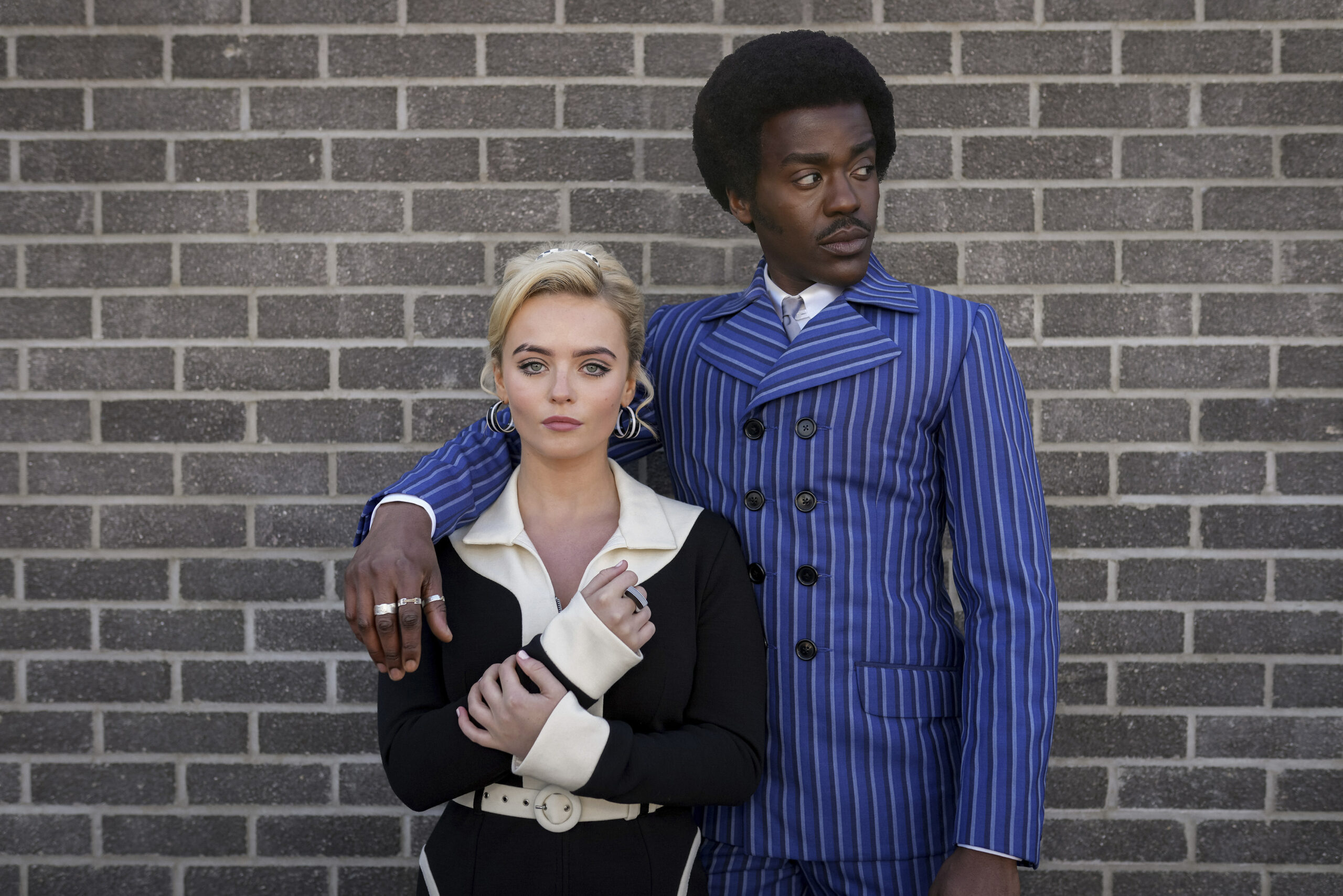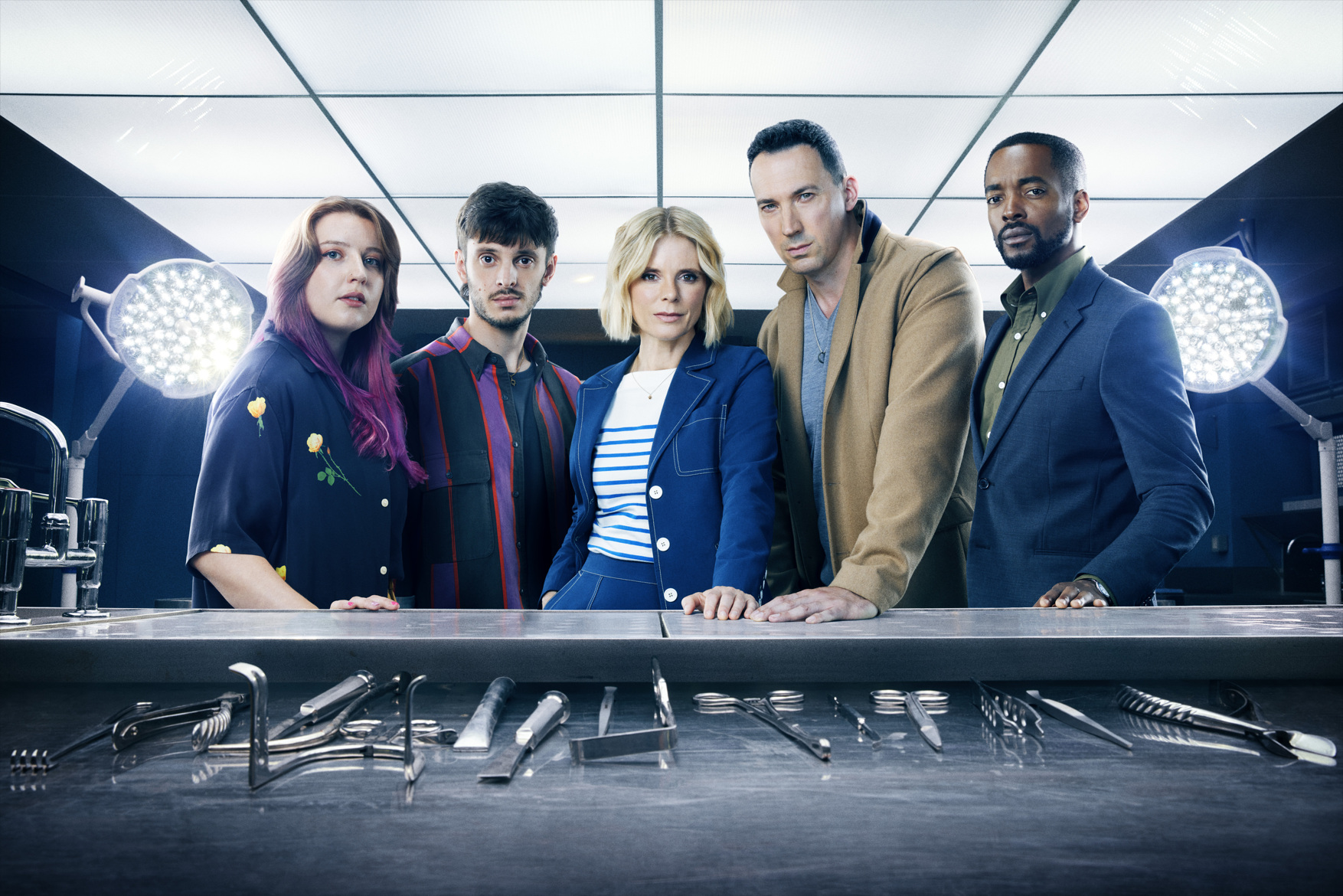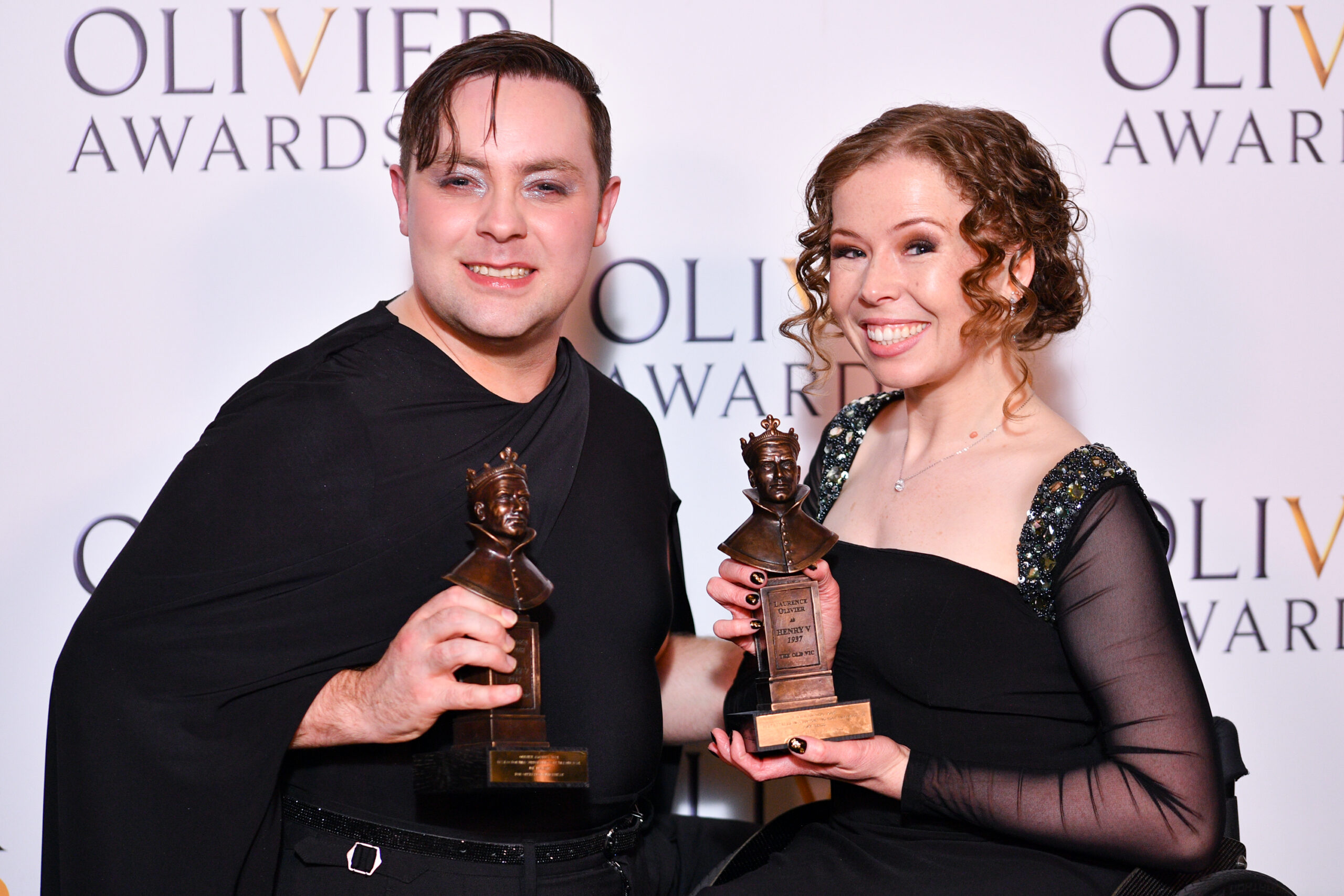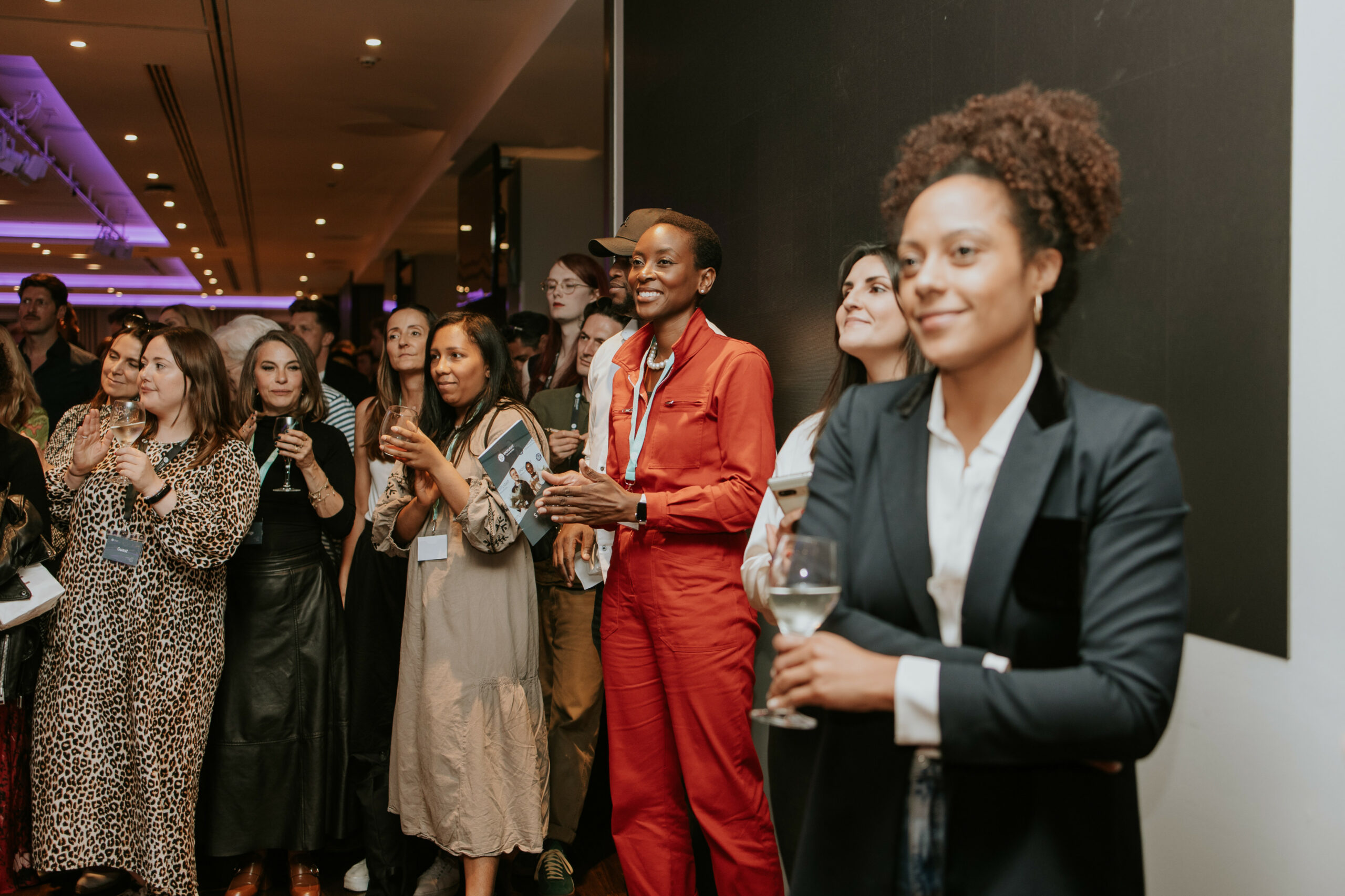From disability to gender and female characters, understanding why representation matters in film, theatre and media is crucial. Explore the impact of on-screen diversity, good examples of representation, and the positive effects diverse portrayals in the entertainment industry brings
The UK and Ireland are home to an incredible crop of diverse talent delivering scene-stealing performances across our stages and screens. While TV shows such as Doctor Who and Bridgerton are smashing casting barriers, the industry is still not where it needs to be. 14-year-old Lenny Rush, who won the BAFTA for Best Male Performance in a Comedy Programme at the 2023 Awards, told Metro he is “proud to represent the disabled community on stage, as it is still rare to see.”
Positive representation authentically portrays the real world and creates equal opportunities for actors – therefore, it’s essential the industry keeps striving to make it the norm.
What is Positive Representation?
Positive representation is the inclusion of people regardless of gender, age, sexual orientation, body type, race, and religion, and is integral in breaking down harmful stereotypes historically portrayed on screen and stage.
For many years, period dramas had predominantly white casts, which excluded actors who didn’t fit the specific casting criteria. The industry has evolved, and historical dramas are now ignoring the traditional casting habits and instead focusing on top talent. Netflix’s smash-hit show Bridgerton is a prime example, with a diverse range of actors in leading roles that have catapulted the careers of its cast, including Simone Ashley, Nicola Coughlan, and Regé-Jean Page.
Positive representation also helps overcome harmful stereotypes such as the ‘gay best friend,’ where an actor becomes a comedic accessory to a straight character instead of a character in their own right. Trans and non-binary actors remain underrepresented on our screens, and Emma D’Arcy said they “felt pressure at the start of their career to hide their gender to succeed.” Emma told The Independent on coming out as non-binary, “I hope it will let younger people who may feel similar know that there is room in this industry for them.”
Disabled characters often fall into a stereotype and can be portrayed as unhappy, with their story focused on what they can’t do instead of what they can. Disabled actors find it difficult to get mainstream agents and can miss out on opportunities to non-disabled actors.
Rose Ayling-Ellis explains her initial challenges to The Guardian: “Agents weren’t interested in deaf actors,” she says. “Drama school felt inaccessible. Experience was hard to get.”
Acting agencies that represent actors with disabilities in the UK include Zebedee Talent, VisABLE People, C Talent, and Andrew Roach Talent. Accessible acting courses in the UK include the Central School of Speech and Drama’s performance making diploma for learning disabled and autistic adults, and Guildhall offers disability support to its students.
British and Irish Talent Breaking Barriers
Disney released Peter Pan & Wendy in April 2023 and made history by casting actor Noah Matofsky – the first actor with Down syndrome to be cast in a major role. 15-year-old Noah had never acted before, but recorded a self-tape after hearing Disney were looking for an actor with Down syndrome. He won the part of ‘Slightly’, the leader of the Lost Boys, marking a huge milestone for disability representation as 95% of disabled characters on TV are played by able-bodied actors.
Yasmin Finney, whose breakout role was in Netflix’s Heartstopper, has joined the cast of Doctor Who as a character named Rose. Yasmin, who hails from Manchester, heard about the casting for a trans girl of colour from her TikTok followers. The actress was studying drama at college at the time and was disheartened by the lack of acting opportunities, saying, “I was like, ‘There are no trans roles, there’s nothing. I’m basically setting myself up to fail.’ I didn’t see myself reflected in the UK media anywhere.”
Yasmin is open to all types of acting roles in the future and doesn’t want to be limited by her aspirational role in Heartstopper, saying, “I think we’ll really have change when I can play a character whose gender identity or sexuality isn’t specified. That’s when the industry will start to see trans actors as normal actors like everybody else, and we can play any role that we want to.”
Sex Education star, Ncuti Gatwa, will take over as ‘Doctor Who’ from the first female Doctor, Jodie Whittaker. Gatwa is the first black actor to portray the iconic role, and showrunner Russell T. Davies said of his audition, “Ncuti dazzled us, seized hold of the Doctor and owned those TARDIS keys in seconds. It’s an honour to work with him, and a hoot, I can’t wait to get started.”
The short film, An Irish Goodbye, won the Oscar this year in its category and starred Irish actor, James Martin, who became the first actor with Down syndrome to star in an Academy Award-winning film. The actor said in an interview, “Anybody can act, it doesn’t matter if you have Down’s syndrome.” Since, James has not let fame go to his head and has returned to his part-time job at Starbucks.
Casting Milestones
HBO hit Euphoria is the network’s second most-watched show after Game of Thrones. Breakout star, Hunter Schafer, plays ‘Jules’, a trans girl navigating high school, and writer Sam Levison employed Scott Turner Schofield – the first openly transgender actor on daytime TV – as a trans consultant to create an authentic representation.
Marvel blockbuster Black Panther released in 2018 and was another ground-breaking milestone for casting. The film, with a predominantly black cast, boasts strong-female characters, a black director, and created positive role models for audiences worldwide.
Black Panther, set in the fictional African country of ‘Wakanda’, also helped smash African stereotypes. Writer Chiney Ogwumike wrote, “In many ways, Black Panther helped normalise African heritage and style in popular culture by truly celebrating it.”
The late Chadwick Boseman left behind an inspiring legacy, and he said that the film had changed what it means to be, “Young, gifted and black.”
Film, TV and theatre are storytelling platforms that significantly influence and shape our opinions. To reflect our ever-changing world and to truthfully tell people’s stories requires a diverse range of actors with lived experiences. Positive representation allows actors to succeed based on talent – while not getting restricted by demographics to create a fair, equal, and more authentic industry. And we hope to see more of it in the years to come.
From all of us at Spotlight, we want to say a huge thank you to Sarah for her amazing insights into positive representation in the industry.
Take a look at our News & Advice section for more casting news and acting tips.
 Sarah Ridgway trained as an actor and has dabbled in stand-up comedy. Sarah is now a freelance writer, and her credits include Backstage and Actors Pro Expo; she is also passionate about empowering solo female travel.
Sarah Ridgway trained as an actor and has dabbled in stand-up comedy. Sarah is now a freelance writer, and her credits include Backstage and Actors Pro Expo; she is also passionate about empowering solo female travel.
Image credit: BBC/Bad Wolf/Disney












